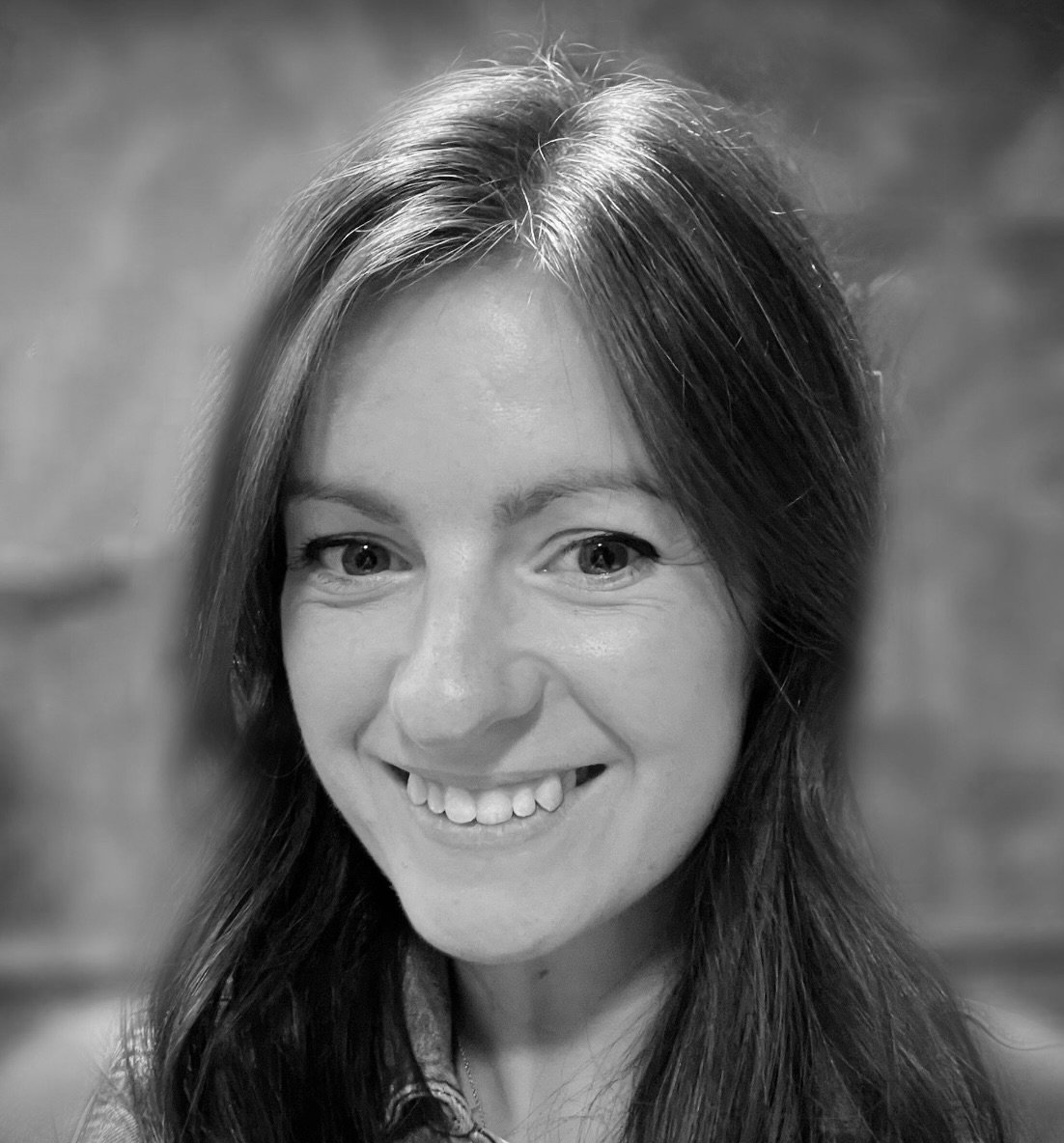Syllabus Edition
First teaching 2024
First exams 2026
The Importance of the Church of England in 1558 (Edexcel GCSE History) : Revision Note
Elizabeth’s relationship with the Church of England
Elizabeth’s relationship with the Church of England was important. Her father, Henry VIII, established the Church of England in 1532. England no longer had papal influence in official religious matters. The English monarch had the ultimate responsibility to govern and organise the Church. The Church of England provided Elizabeth with a useful instrument of power. In 1558, Elizabeth did not have access to the technology available to monarchs today. Many of Elizabeth’s subjects would never see or hear the queen in their lifetime. Elizabeth relied on the Church of England to spread information and enforce her new laws. The Church of England acted on behalf of Elizabeth in areas of poor relief and law and order. It was vital for Elizabeth to closely govern the Church of England. Without their support, Elizabeth’s authority would weaken. |
How Important Was Religion in 1558?
Religion played an incredibly important role in Elizabethans’ day-to-day lives
The Church dictated people’s lives from ‘cradle to grave’
People went to Church every Sunday
As a baby, the Church would christen them
The Church would marry them
When they died, they would have a funeral at the Church
Elizabethans believed in the importance of celebrating religious festivals
Harvest festivals prayed for a successful harvest and the avoidance of famine
Holy Days like All Saints Day called for Catholics to take Mass
The Church gave support to the local community
The Church taught their congregation the values needed to lead a good life
Elizabethans strongly believed in the concepts of heaven and hell
They provided food and shelter for the poor
After the English Reformation in 1532, beliefs about religion divided communities
Some decided to risk their safety by continuing to practice Catholicism. They listened to the Pope over the English monarch
Some Catholics refused to attend Church of England services
Others embraced Protestantism
They listened to the teachings of the Church of England
The religious division in Europe added to the conflict within England
The Roles of the Church of England
Henry VIII created the Church of England in 1532
The Church of England adopted the responsibilities previously undertaken by the Catholic Church
What did the Church of England do in Elizabethan times?

Worked Example
Describe one feature of the Church of England in Elizabethan England
2 marks
Answers:
One feature of the Church of England was that it was responsible for Church courts (1). Church courts made decisions on matters such as marriage and slander (1).
Examiner Tips and Tricks
Ensure you make your details as specific as possible to achieve the two marks. While the details in this worked example do not have dates, they are specific examples of the types of responsibilities that the Church of England had.
This question previously asked students to describe two features of a given event. This question was out of four marks. However, as of 2025, Edexcel will split this question into two subsections, asking you to describe a feature of two different events. Each subsection is worth two marks.

You've read 0 of your 5 free revision notes this week
Sign up now. It’s free!
Did this page help you?

